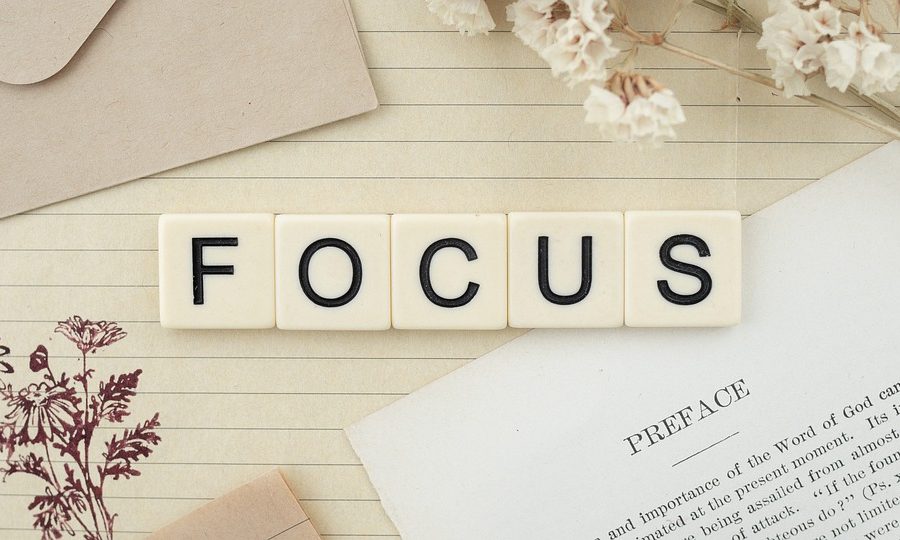In our fast-paced world, it’s easy to feel overwhelmed by stress and anxiety. As we juggle numerous responsibilities, our mental health often takes a backseat. Fortunately, mindfulness offers a powerful antidote. By cultivating mindfulness, we can develop healthier mental habits that promote well-being and emotional resilience. In this article, we’ll explore what mindfulness is, its benefits, and practical strategies for integrating it into your daily life.
What is Mindfulness?
Mindfulness is the practice of being fully present in the moment, acknowledging our thoughts and feelings without judgment. It involves focusing on the here and now rather than worrying about the past or future. This simple yet profound practice can significantly improve mental clarity and emotional stability.
The Science Behind Mindfulness
Research shows that mindfulness can alter the structure of the brain, impacting areas related to emotion regulation, attention, and self-awareness. According to studies, regular mindfulness practice can lead to:
- Reduced stress levels
- Enhanced focus and concentration
- Improved emotional regulation
- Increased resilience to challenges
The Benefits of Mindfulness
Integrating mindfulness into your routine can lead to numerous benefits for mental health and overall well-being:
1. Stress Reduction
Mindfulness encourages an understanding of stressors, allowing us to respond rather than react. This promotes a sense of calm even during challenging situations.
2. Enhanced Emotional Intelligence
Practicing mindfulness improves self-awareness and empathy, fostering better relationships and communication.
3. Improved Focus and Concentration
Mindfulness helps train the brain to maintain attention on tasks, which can boost productivity and creativity.
4. Better Sleep Quality
A mindful approach can reduce racing thoughts and anxiety, leading to a peaceful state of mind that promotes better sleep.
5. Increased Resilience
Regular mindfulness practice develops emotional strength, helping us bounce back from setbacks more effectively.
How to Develop Healthy Mental Habits Through Mindfulness
Start Small
Developing mindfulness doesn’t have to be overwhelming. Here are some beginner-friendly ways to incorporate mindfulness into your life:
-
Mindful Breathing
- Set aside just five minutes each day to focus on your breath.
- Inhale deeply, hold for a moment, and then exhale slowly. Notice the sensations in your body.
-
Mindful Eating
- Take time during meals to savor each bite.
- Notice the textures, flavors, and aromas of your food without distractions.
-
Gratitude Journaling
- Each evening, write down three things you are grateful for.
- This practice shifts focus from negativity to positivity, enhancing your overall mood.
Incorporate Mindfulness into Daily Activities
Mindfulness can easily fit into your everyday routine. Here are some suggestions:
- Mindful Walking: Focus on the sensations of your feet touching the ground, the rhythm of your breath, and the sounds around you as you walk.
- Body Scan Meditation: Lie down comfortably, close your eyes, and mentally scan your body for tension, consciously relaxing each area.
- Mindful Listening: During conversations, practice truly listening without interrupting or planning your rebuttal.
Explore Mindfulness Techniques
As you become more comfortable with mindfulness, consider trying various techniques to deepen your practice:
-
Meditation
- Follow guided meditations available on apps like Headspace or Calm.
- Experiment with different styles—unscheduled, loving-kindness, visualization, or Zen meditation.
-
Yoga
- Engage in yoga classes that emphasize mindfulness and breath awareness.
- The connection of mind and body can enhance your mindfulness practice.
-
Mindfulness Retreats
- Attend short retreats or workshops to immerse yourself in a community of like-minded individuals.
Connect with Nature
Nature is a natural catalyst for mindfulness. Spend time outdoors, whether it’s hiking in the woods or simply sitting in a park. Practicing mindfulness in nature can deepen your sense of connectedness and peace.
Common Challenges and How to Overcome Them
Starting a mindfulness practice can come with obstacles. Here’s how to manage common challenges:
Distractions
- Solution: Create a dedicated space for practice. Turn off notifications and minimize interruptions.
Lack of Time
- Solution: Remember that mindfulness can be practiced in just a few minutes a day. Even a short practice is better than none.
Self-Criticism
- Solution: Approach mindfulness with kindness. It’s normal for the mind to wander; acknowledge the thought and gently steer back to the present.
Conclusion
Mindfulness is not just a practice; it’s a way of living that can transform your mental health and enhance your overall quality of life. By adopting this practice, you can cultivate a deeper sense of awareness, improve emotional intelligence, and develop healthy mental habits.
Whether you start with simple breathing exercises or explore more structured techniques, remember that the journey to mindfulness is deeply personal. Embrace it with patience and compassion. As you navigate the challenges of life, mindfulness will serve as your anchor, helping you stay grounded in an ever-changing world. So why wait? Start incorporating mindfulness into your life today, and let the benefits unfold.








 Weight Loss, Unlocked.
Weight Loss, Unlocked.